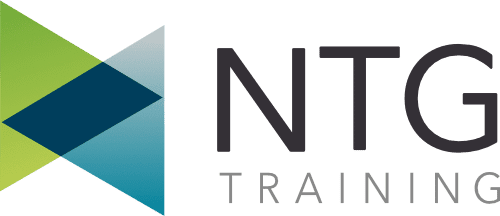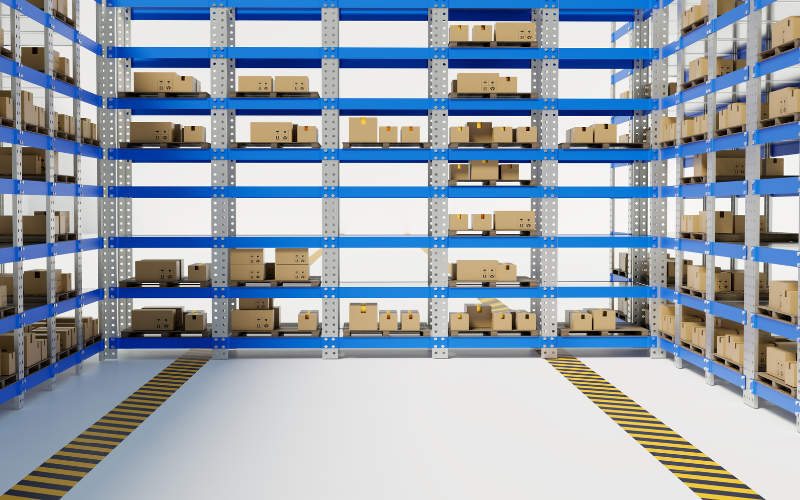Rooted in the idea of continuous improvement, Kaizen 5S is a Japanese business method focused on making small but impactful and positive changes in the workplace.
This framework was first implemented with the purpose of eliminating waste, boosting productivity, and maintaining a clean and safe work environment while encouraging accountability and purpose among employees.
The Kaizen 5S method can be used by everybody and applied to any industry or any area within an organisation; today, we’ll discuss how using this framework can help you as a small business owner to audit and improve your business as part of a sustainable business strategy.
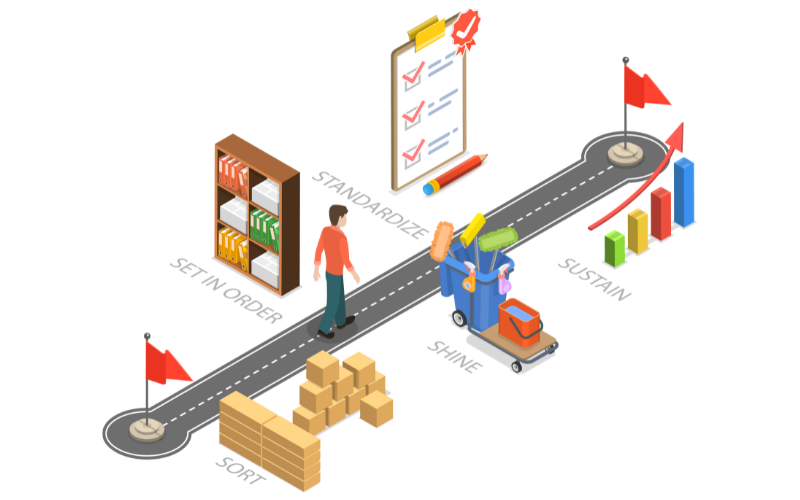
What is the Kaizen 5S Framework?
A combination of two Japanese words, the word Kaizen literally translates to “good change” or “improvement” and has evolved to reflect the desire for continuous improvement in the workplace. It is essentially based on the idea that a positive working environment leads to more productivity and better operations. The Kaizen 5S method is reflective of the belief that everything has the potential to be improved; it focuses on identifying both issues and opportunities and finding solutions to be implemented.
What do the 5S’s Stand For, and How are they Relevant?
The 5S aspect of the name of this business method comes from five Japanese words – yep, all beginning with S – that can be used as a guide to creating a more efficient, organised, and standardised workflow within your small business.
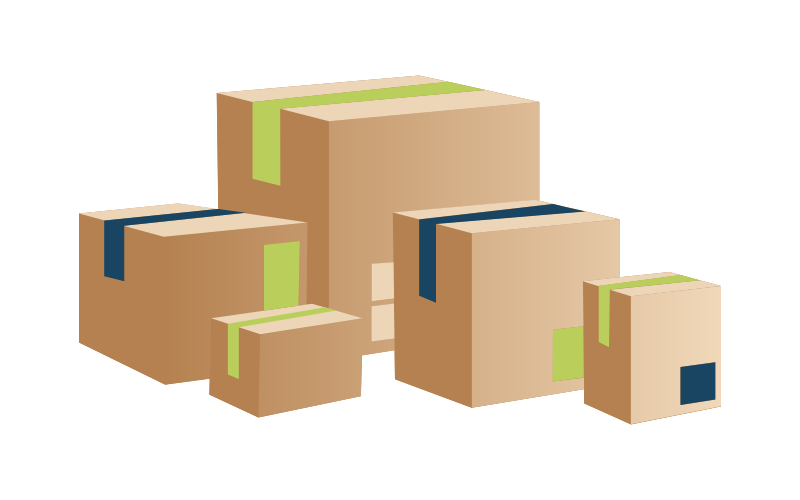
Seiri/Sort (organise)
This step is about identifying the necessary tools or items in your working environment and eliminating the excess or unnecessary ones. For you as a business owner, this can involve things such as clearing out your workspace or office, or even cleaning out your emails or computer files. This will help you to easily find what you need by separating the necessary from the unnecessary and getting rid of clutter and distractions.
Download Our Free Marketing Guides
We’ve put together some incredibly useful resources for businesses who want to learn how to target their marketing towards particular age groups.
And yep, they’re completely free! Simply join our mailing list to recieve our newsletters for business owners, and you’ll be directed to the download straight away.

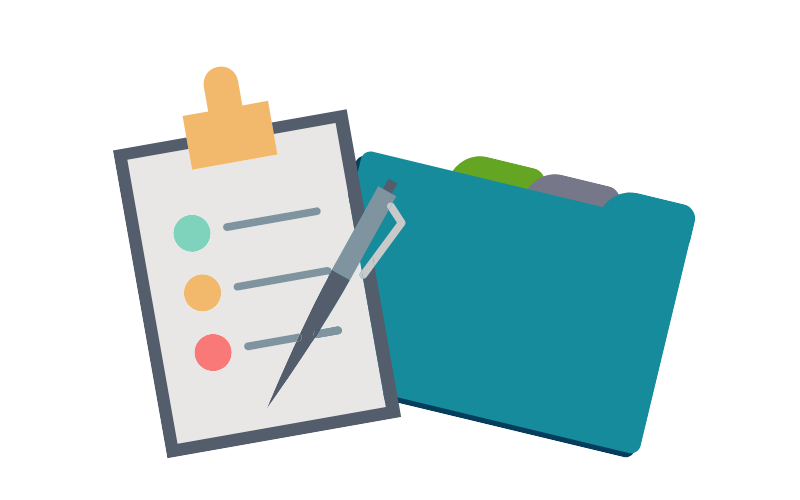
Seiton/Set in order (create orderliness)
This next pillar is focused on “setting in order” which involves systematically organising the remaining necessary items. Assigning a specific location for each item and labelling them appropriately is important, as it helps to rule out the need for excess inventory and reduces search time. This can be done physically with office supplies, or digitally by categorising emails and computer files into folders.
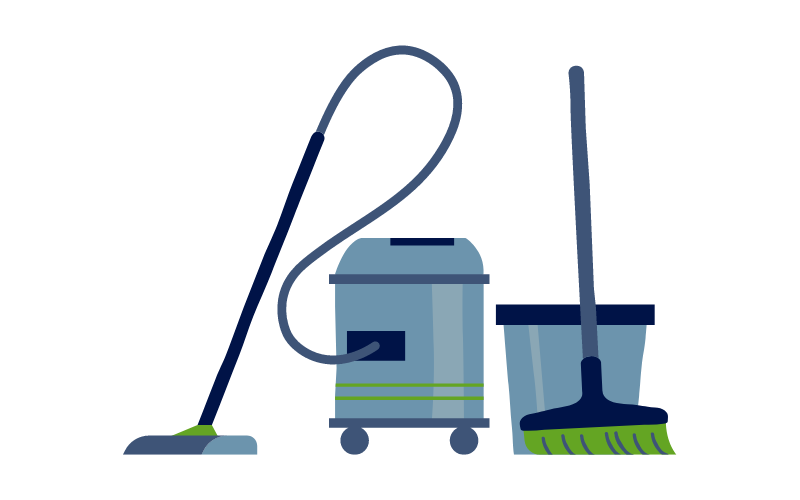
Seiso/Shine (cleanliness)
The third “S” in the Kaizen 5S framework is to shine – cleaning and maintaining a tidy workplace are integral to this step. Proactively cleaning and tidying work areas and ensuring all equipment is maintained on a regular basis will help you identify safety hazards or hardware malfunctions early, allowing you to address any issues promptly. This early identification is crucial to small business owners, as if a problem goes unnoticed it can later evolve into a bigger issue which can eat into your valuable time.
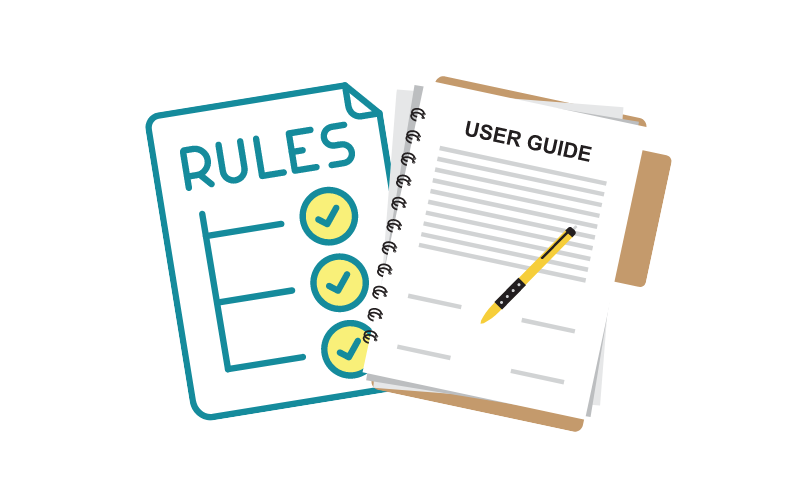
Seiketsu/Standardise (standardised cleaning)
This pillar of the Kaisen 5S is to standardise your cleaning process and create a set of rules and procedures for maintaining the first three S’s. This will create consistency and will ensure the sustainability of the improvements you have made, making it easier to maintain an efficient and organised workspace over time.

Shitsuke/Sustain (discipline)
The final “S” stands for sustaining your 5S system by being disciplined and keeping the effort going, which is crucial for long-term success. This involves creating a culture of continuous improvement and optimisation within your business, where you and your employees are actively engaged in identifying and implementing further improvements to the workspace and processes.
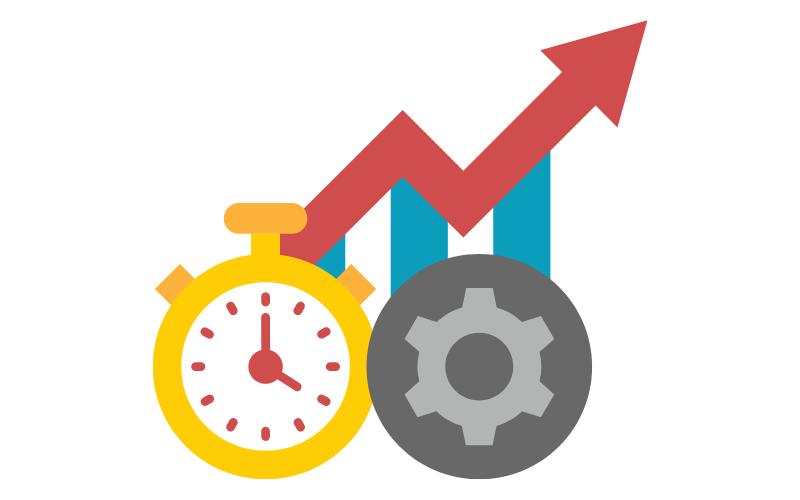
What are the Benefits of the Kaizen 5S?
For a small business owner, there are a variety of benefits that using this methodology can bring. Here are six of the most significant advantages of implementing the Kaizen 5S framework within your small business:
Increased efficiency
By organising the workspace and eliminating waste, processes can become more streamlined, leading to increased productivity and efficiency. Especially within a small business, time equals money, and so it’s important to put focus on how you can create more time for actual business to take place and not navigate through expired data or unnecessary items.
Improved quality of work
Standardising procedures and practices helps to ensure more consistency in workloads, reducing the amount of errors and defects caused by conflicting processes or distractions. Over time, the need for regular inspections will be minimised due to fewer errors or oversights taking place; a smaller number of errors taking place will result in a decrease in business expenses or valuable time going towards rectifying losses caused by human error.
Enhanced safety
Regular cleaning and maintenance of the workspace can help identify and eliminate safety hazards early, creating a safer working environment for employees. This will also help with catching small issues that otherwise might have fallen through the cracks, reducing the chance of an even bigger problem arising in the future. This is particularly helpful to small business owners, as small businesses don’t always have the facilities at hand to deal with larger issues on the same level as corporations or chain businesses.
Cost savings
Eliminating unnecessary items and increasing efficiency can lead to cost savings by reducing waste and improving resource utilisation. By saving on unnecessary costs, small business owners will have the ability to put more money into the areas where it’s really needed, helping to improve the overall appeal and scalability of their organisation.
Employee engagement
If you have employees as part of your small business, the 5S process can help to curate a culture of continuous improvement and will encourage anyone working within your organisation to contribute to its overall success and positive working environment. Morale will be boosted, as a sense of purpose is generated among employees.
Sustainability
By engaging in a framework like the Kaizen 5S which focuses on gradual improvement, you’ll find the steps easier to build into your everyday habits and avoid any “pushback” or burnout that can come with implementing sudden changes.
It’s worth noting that implementing a structure such as Kaizen within your small business will only be successful if it’s introduced as a permanent strategy with a focus on gradual changes over time. If you try to create short-term Kaizen events for temporary projects, you risk it not being taken seriously and burning out before you see the benefits.
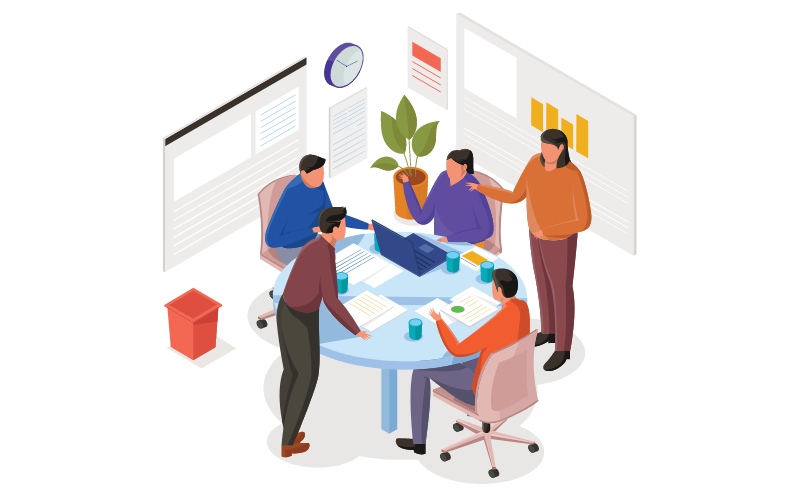
Adopting the Kaizen 5S method offers small business owners a systematic and logical approach to enhance the way their business operates and create a culture of continuous improvement. By implementing this framework, you’ll be able to ensure that your work processes are streamlined and improve their quality, as well as ensure safety, reduce unnecessary costs, enhance employee engagement, and build sustainability. The emphasis on sustainability curated by the Kaizen framework ensures that improvements and enhancements are built into daily routines and become second nature, enabling you to facilitate long-term success within your small business.
